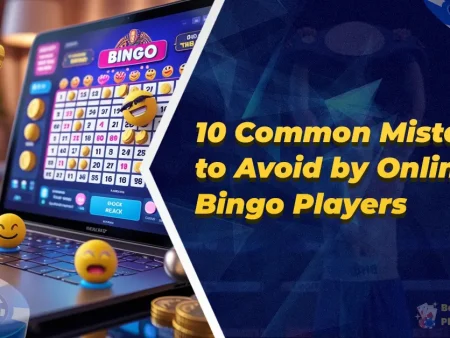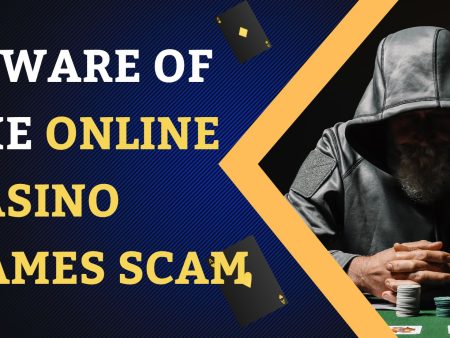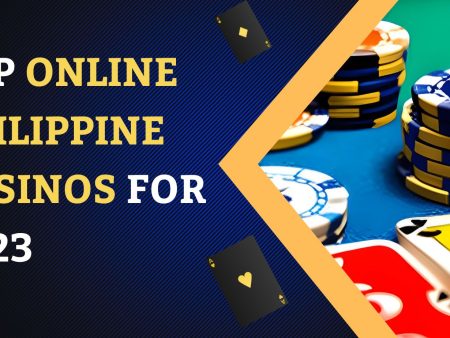Philippine National Police (PNP) is pushing to classify online gambling on cockfights as illegal through an effort known as E-Sabong (online betting on cockfights via apps and browsers), which was initially allowed during Covid-19 pandemic but has since been prohibited by current administrations. To prevent confusion over legality issues, PNP is seeking to classify E-Sabong as an unlawful form of gambling activity.
President Ferdinand Bong Bong Marcos Jr. has confirmed that online sabong gambling remains illegal in the Philippines; however, this prohibition was implemented through an Executive Decree without specific laws aimed at punishing violators.
Cockfighting in the Philippines Is Legal
Betting on cockfighting in-person at licensed cockpits is legal in the Philippines, while unlicensed cockpits hosting events are considered illegal. According to NextShark.com, licensed cockfighting generates approximately $12.2 million per month in revenue for PAGCOR (Philippine Amusement and Gaming Corporation).
Cockfighting dates back to 1591 when Antonio Pigefetta documented it during Magellan’s voyage of discovery through the Philippines. Gamecocks first appeared in Taytay Kingdom.
E-Sabong Odds Available in Online Casinos and Sports Betting Sites
Legal online casinos available to Philippine residents and licensed sports betting sites do not offer e-sabong odds. While it may be possible to find websites offering such odds, these operate illegally without proper oversight and protection to ensure payment of winnings.
Prospects of PNP’s Initiative to Label E-Sabong as Illegal Gambling
We expect that the Philippine National Police will succeed in their attempts to classify online cockfight betting as illegal activity, given its status under current administration as being forbidden. As it will likely become official illegality soon.
Legal Status of Online Casinos and Sports Betting Sites in the Philippines
Online casinos and sports betting sites are legal to use in the Philippines. Gambling laws there aim at regulating domestic casinos while permitting foreign-owned establishments to operate within its borders.
During the pandemic, when public venues were closed down, domestic casinos and sportsbooks were granted permission to provide their services online; this privilege was later taken away when restrictions were eased off; thus Filipino residents can still access offshore gambling sites online, while local ventures seeking to provide these services in other countries must obtain a Philippine Offshore Gaming Operator (POGO) license from PAGCOR before doing so.
- The Nuggets’ Rise to the Top: A Closer Look - November 5, 2024
- Free Spins Bonuses in the Philippines: A Complete Guide on Online Casino Free Bonus - July 19, 2024
- BIT777 TONGITS PUSOY: How to Win in Color Game - March 7, 2024







